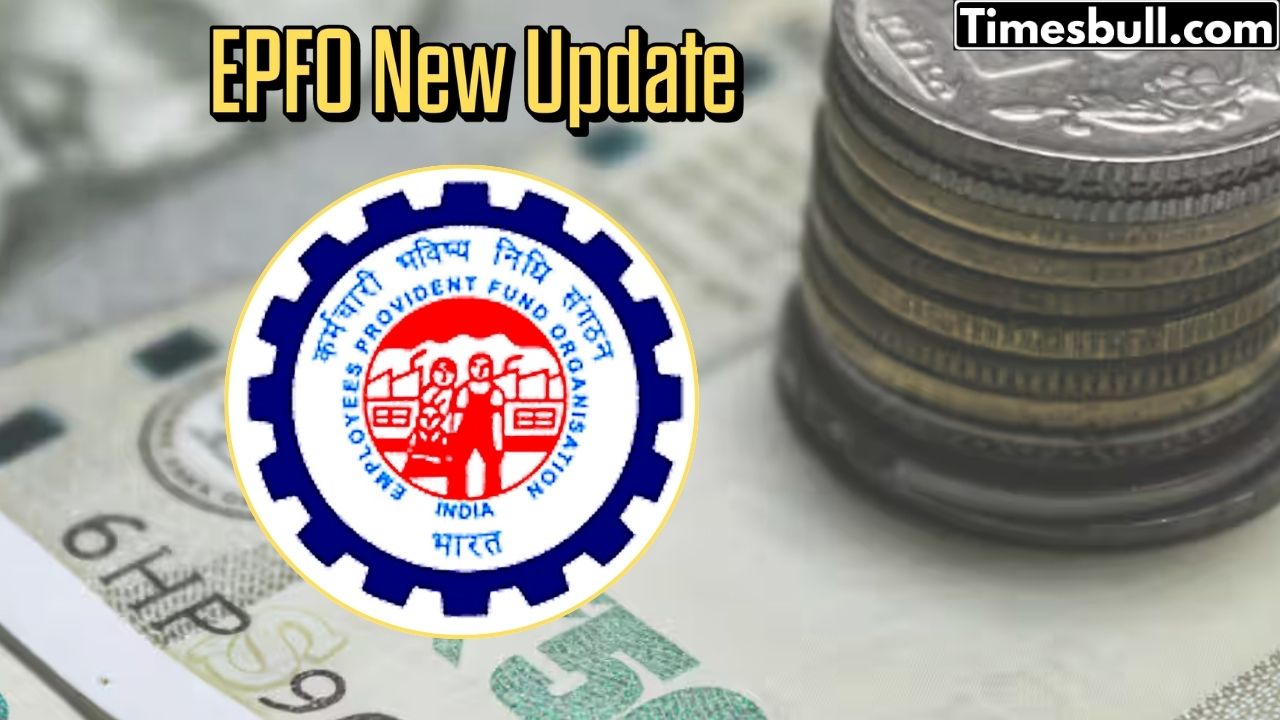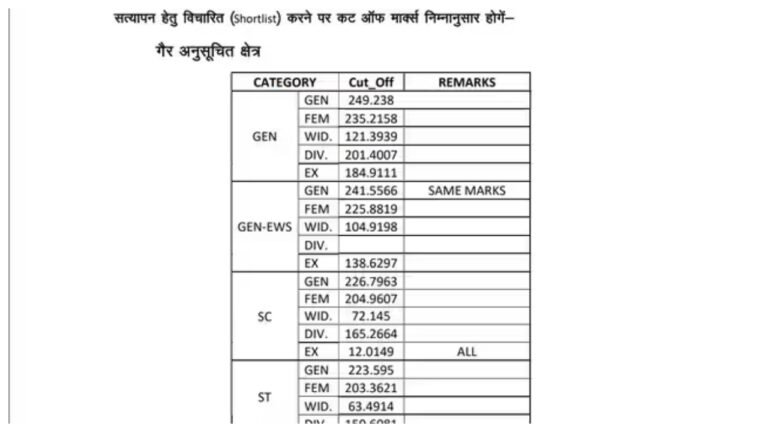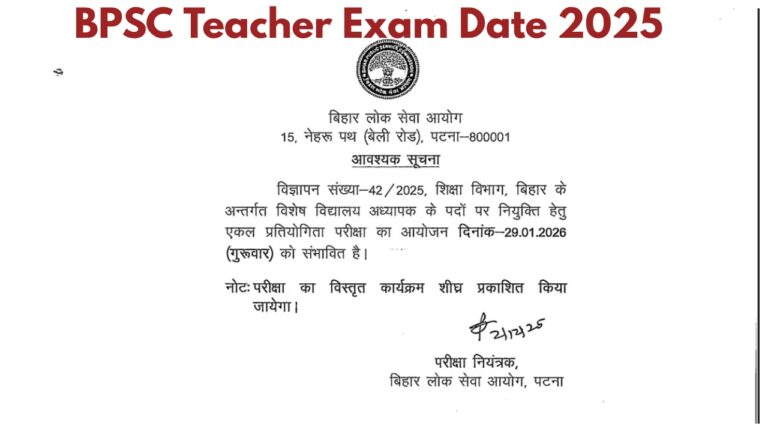Employees’ Provident Fund (EPF) is an important financial security tool for employees, designed to support them after retirement. But did you know that you can also withdraw EPF money in emergencies? Let’s understand the rules for withdrawing EPF money and when you can access these funds.
EPF Withdrawal After Retirement
Once you retire at the age of 58 or 60, you can withdraw the entire balance in your EPF account. Some companies retire employees at 58, while others allow employment until 60. After retirement, you can choose to withdraw the full amount at once or keep a portion as a pension.
EPF Withdrawal for Marriage or Buying a House
Many people don’t know that you can also withdraw EPF money for important personal needs. You can withdraw up to 50% of your EPF balance for your marriage or the marriage of your child or sibling. Additionally, if you plan to buy or build a house, you can withdraw an amount equal to 24-36 months of your basic salary.
EPF Withdrawal for Medical Emergencies
In case of a medical emergency, you can withdraw money from your EPF account to cover medical expenses. You can use the funds for your treatment or for the treatment of your spouse, child, or parents. In this case, you can withdraw up to 6 months of your basic salary.
Can You Withdraw EPF Money After Losing Your Job?
Yes, after losing your job, you can withdraw money from your EPF account. If you remain unemployed for one month, you can withdraw up to 75% of your EPF balance. If you are unemployed for two months or more, you can withdraw the entire balance. While some people hesitate to transfer their EPF when changing jobs, you can still withdraw the money in such situations.
Do You Have to Pay Tax on Early Withdrawal?
If you withdraw your EPF money before completing 5 years of employment, it will be taxable. However, if the withdrawal amount is less than ₹50,000, no tax will be deducted at source (TDS). If you withdraw ₹50,000 or more, TDS will be deducted. It’s always better to plan your EPF withdrawal carefully to avoid unnecessary tax deductions.










